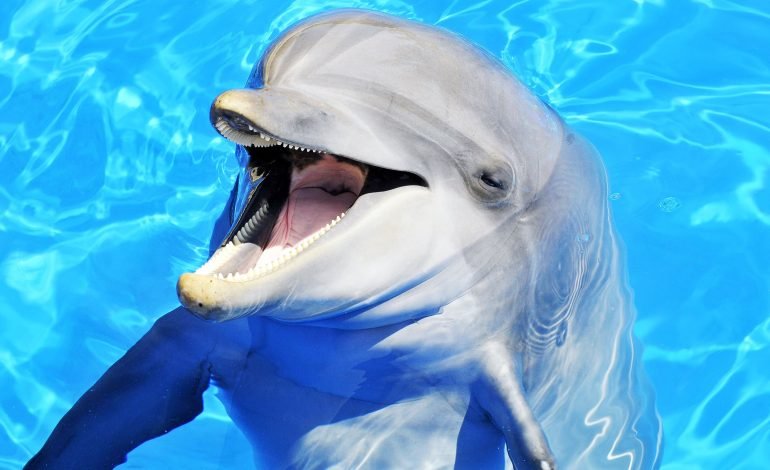Mexico bans dolphin shows in landmark win for marine welfare

Mexico bans dolphin shows and the use of marine mammals in entertainment, marking a turning point in the country’s relationship with animal welfare. The new law bans dolphins from being used in performances, therapy sessions, or any commercial or research activity not explicitly tied to conservation. Captive breeding is now also prohibited.
The decision, which passed with the support of both houses of Congress, follows sustained public and scientific pressure to improve conditions for dolphins long held in confined tanks and performance venues. The remaining dolphins in captivity must now be cared for under stringent welfare guidelines for the rest of their natural lives.
Campaigners have welcomed the move as a critical shift away from outdated forms of animal entertainment. Decades of research have highlighted the lasting psychological and physical damage suffered by dolphins in captivity. These highly intelligent mammals often show signs of stress, abnormal behaviours, and immune-related illnesses due to artificial environments that restrict their natural behaviours.
One of the most outspoken voices has been World Animal Protection, which praised the legislation as a model for other nations. The organisation has long warned that dolphins are unsuited to confinement and should never be exploited for tourism or entertainment. A statement from their campaigns team called the development a “historic milestone” and urged ongoing monitoring to ensure compliance with welfare requirements.
The timing of the law aligns with rising global awareness of the ethical dilemmas tied to wildlife tourism. While some attractions continue to market dolphin encounters as family-friendly or therapeutic, many travel experts now encourage visitors to opt for wildlife experiences in the wild instead. Programmes like the Whale Heritage Sites initiative offer responsible alternatives that protect marine habitats and promote local conservation efforts.
Mexico joins a small group of nations taking legislative steps to end dolphin captivity. Costa Rica and Chile have enacted similar bans, while others still allow performances under limited conditions. The debate remains especially live in countries where dolphinariums and marine parks remain popular visitor draws.
In parts of Europe, for example, dolphin shows continue despite growing criticism. A recent protest outside Valencia’s Oceanogràfic marine park used a traditional falla, a large-scale satirical sculpture, to draw attention to the plight of captive dolphins in Spain. The movement is gathering pace, but campaigners stress that change relies on both policy and consumer demand shifting in tandem.
Ethical tourism is increasingly seen as part of a broader responsibility to travel sustainably and respectfully. Supporting tour operators and venues that place animal welfare at their core is a tangible way for individuals to contribute to this shift. Resources like the World Animal Protection guide to ethical wildlife tourism can help travellers make informed choices.
The ban in Mexico has been hailed as a moment of progress that could reshape the future of captive animal attractions. While much remains to be done globally, this legislative step sends a clear signal that animal welfare can no longer be sidelined in the name of entertainment.
For more updates on marine protection, ethical tourism, and international legislation, visit EyeOnLondon. We’d love to hear your views in the comments.
[Image Credit | Christian Musat]
Follow us on:
Subscribe to our YouTube channel for the latest videos and updates!
We value your thoughts! Share your feedback and help us make EyeOnLondon even better!









